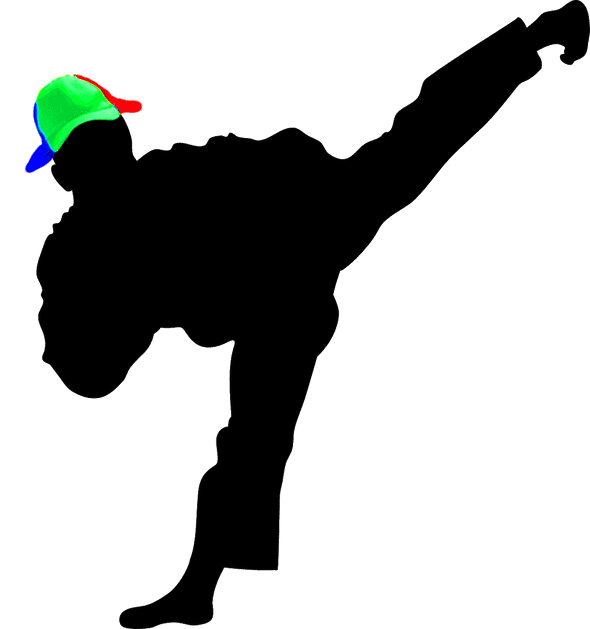Red Green Refactor Bowling Kata
August 10, 2021
Last time we wrote the code for the bowling game in clojure, it worked but it could be better!! So I iterated over it with different approach🎳!
My goal was to be able to do it with even less code and easier to read and follow.
To achieve this goal I had to stop thinking the problem as a player but rather the algorithm for the rules. I kept forcing the idea on frames and that complicated the code. I also had to think the clojure way; more functional, less procedural. My last code had a loops and stateful indexes to iterate over things making the code feel blotted.
It took me a few Katas to get to this point.
(ns bowling-kata-4.core)
(defn isStrike?
[rolls]
(= 10 (first rolls)))
(defn isSpare?
[rolls]
(= 10 (apply + (take 2 rolls))))
(defn getBonus
[rolls]
(take 3 rolls))
(defn wasLastFrameBonusAdded?
[rolls]
(= 2 (count rolls)))
(defn getRollsWithBonuses
[rolls]
(cond
(= 0 (count rolls)) []
(isStrike? rolls)
(if (wasLastFrameBonusAdded? rolls)
[]
(conj (getBonus rolls) (getRollsWithBonuses (drop 1 rolls))))
(isSpare? rolls)
(conj (getBonus rolls) (getRollsWithBonuses (drop 2 rolls)))
:else
(conj (take 2 rolls) (getRollsWithBonuses (drop 2 rolls)))))
(defn score
[rolls]
(->> rolls
getRollsWithBonuses
flatten
(reduce +)))Less than 40 lines of code.
Its more expressive now! (I love the little functions that came out of it.)
It takes advantage of lazy evaluation with take and drop. No more index state!
Simple functions, less framing logic (other than dropping rolls to make sure where are on the start of a frame).
I also noticed that I spend less time refactoring (mainly extracting functions) if I refactor between test rather than at the end of the kata.
Want to hear more from me?
Signup to my newsletter!
CarrerasDev Newsletter
A free email newsletter on how to create high-performing development teams.

Written by Edgardo Carreras.
